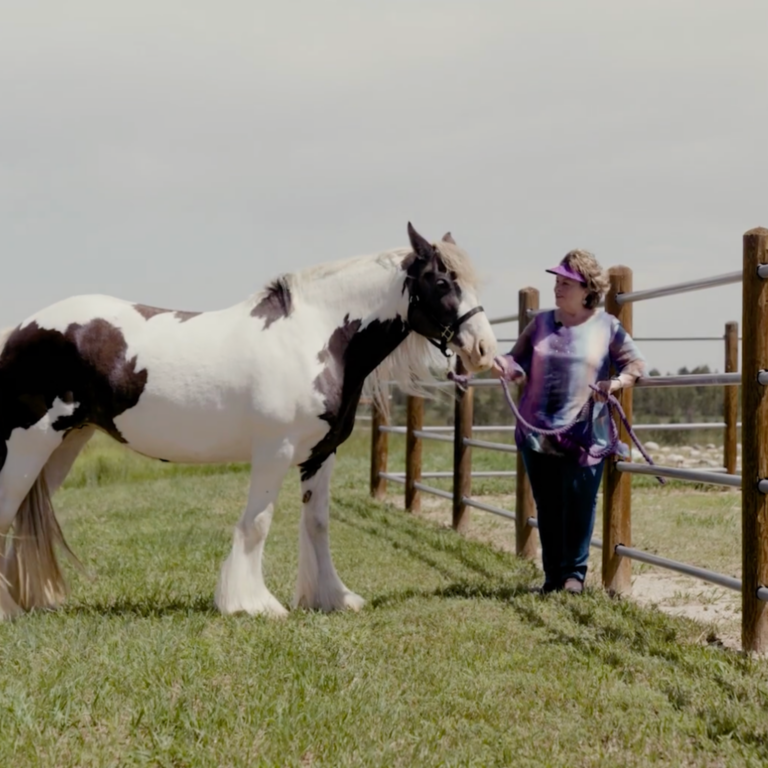As many of you know, the Horse&Rider Facebook page was recently hacked. We admins were subsequently locked out of the account and various spam posts were shared on our wall. This was an unhappy reminder of the importance of keeping personal information and accounts safe online. Unauthorized access of your account can produce threats ranging from serious (identity theft) to relatively mild (sheer embarrassment), and even minor inconveniences are serious issue when your personal information is at stake.
Now that we’re back online, we’d like to share some tips we’ve been reminded of on how best to keep your online accounts safe. These suggestions don’t just apply to social media accounts, either. We know (as fellow horse owners) that transactions are more and more frequently being done online. Cross-country buying and selling of products, tack, apparel, and even horses, is pretty common practice.
Here are our eight ways to protect yourself from future hack attacks.
Change your passwords often. A new password every few months will help keep your accounts secure and be careful not to repurpose old passwords.
Make your password difficult to guess. Include capitalization, numbers, and punctuation in the password to decrease likelihood that someone could easily hack into your account.
Don’t use the same password for every account. If you have trouble remembering each password, write each one down and stow them in a safe and secure place.
Avoid attaching payment information to an account. When given the option, instead utilize PayPal or Square accounts, which provide an additional layer of security.
Take extra precautions when using personal cards. If you must connect your account to a credit card, or if you’re making an online purchase, exercise extra caution by changing passwords even more frequently and keeping a watchful eye on all bank statements and transaction history. When making online purchases, use credit cards over debit cards for their added security.
Use your stranger danger senses. When corresponding with a stranger at an online site, for example if you’re exchanging with a buyer or seller at an online horse-sale site, don’t give out your email address, phone number, or other personal information freely. Even if the individual you’re exchanging with seems safe, you don’t know who has access to their accounts.
Never respond or engage with suspicious emails, links, or posts. Though a catchy headline might seem alluring, if you don’t recognize the address, don’t open the message. Also, if the post seems out of character for an individual or page, don’t click or share, this’ll just open your account to potential risk.
Requests for account or personal information should always be treated as suspect. If you’re unsure whether the request is legitimate or not contact site’s IT personnel or report the message.
Please share your own online safety tips in the comments below.
Again, we offer our sincere apology for the recent spam and inappropriate links shared on our Facebook page. Thank you to those of you who, with your cyber savvy, were quick to realize our account had been compromised and reached out to us with a warning. We appreciate your dedication to the Horse&Rider brand.






